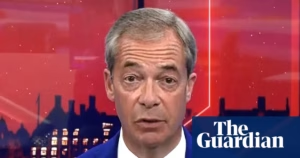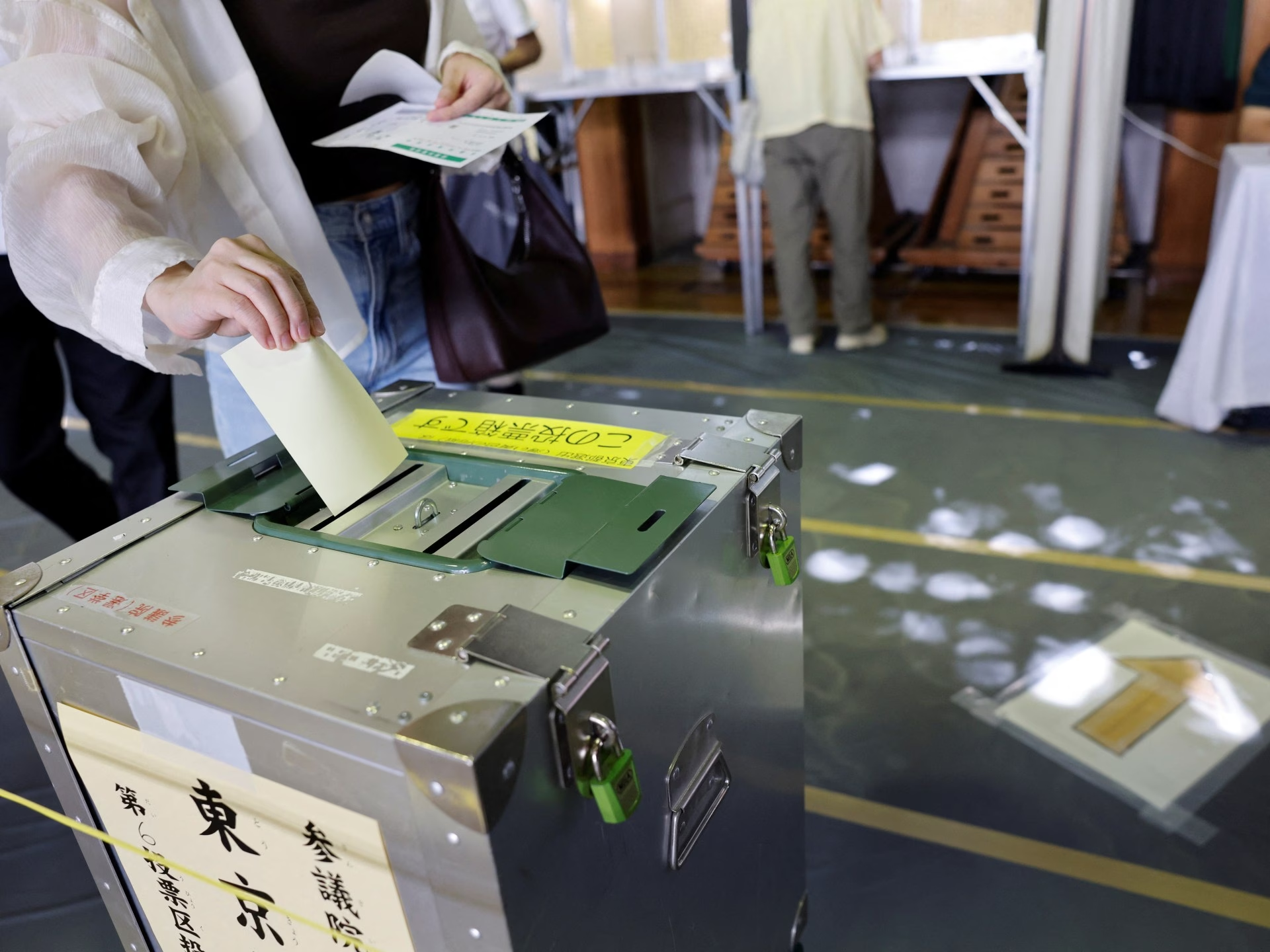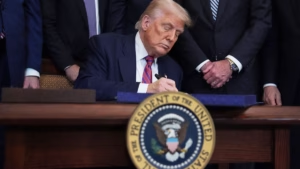According to Japan’s national broadcaster, NHK, polling stations opened at 7am on Sunday (22:00 GMT, Saturday) and will remain open until 8pm (11:00 GMT) in the majority of locations.
NHK reports that key issues for many voters include the rising cost of living, and in particular, rice, as well as population decline and foreign policy.
Polls suggest the LDP and its coalition partner, Komeito, might not secure the 50 seats needed to maintain a majority in the 248-seat upper house of parliament, where half of the seats are up for election.
A weak performance on Sunday would not automatically lead to a change of government, as the upper house lacks the ability to file a vote of no confidence against a leader. However, it could increase uncertainty about Ishiba’s position and Japan’s political stability, with potential calls from within the LDP for his resignation or a search for another coalition partner.

Smaller opposition parties, which back tax cuts and increased public spending, may see gains. These include the right-wing Sanseitaro, which is advocating for restricted immigration, opposition to foreign investment, and reversal of gender equality measures.
plej]
A 25-year-old student explained that he voted for Sanseitaro because he felt that Japanese citizens are being “disrespected” by the compensation and resources provided to foreigners.
Conversely, concerns about mounting xenophobia have been voiced by other voters.
A 43-year-old consultant, voting at a polling station situated in a Tokyo downtown gym, expressed her support for the LDP, citing their ability to offer stability and unity and her expectations for candidates to not fuel division.
A 57-year-old self-employed individual said he hopes the election results will steer Japan toward a more inclusive and diverse society, endorsing more open immigration and gender policies.
More than 21 million early votes were cast, which is significantly more than three years ago, NHK reported.
Ishiba, a self-described defense enthusiast and train hobbist, secured the prime ministership in his fifth attempt last September and promptly called for snap elections in late October.
Those elections represented a significant setback for Ishiba’s ruling coalition, which won only 209 seats in the lower house, down from their previous 279 seats.
this month, Ishiba introduced emergency economic measures to mitigate the effects of new tariffs imposed by the United States on Japanese exports. The country is now in urgent negotiation to secure a reprieve from the tariffs before an August 1 deadline.
The centre-right LDP has almost continuously governed Japan since 1955, with frequent changes of leadership.
Ishiba is the third prime minister since Shinzo Abe’s resignation in September 2020.
Abe’s assassination brought to light and caused public outrage over his ties to the LDP and the Unification Church.








